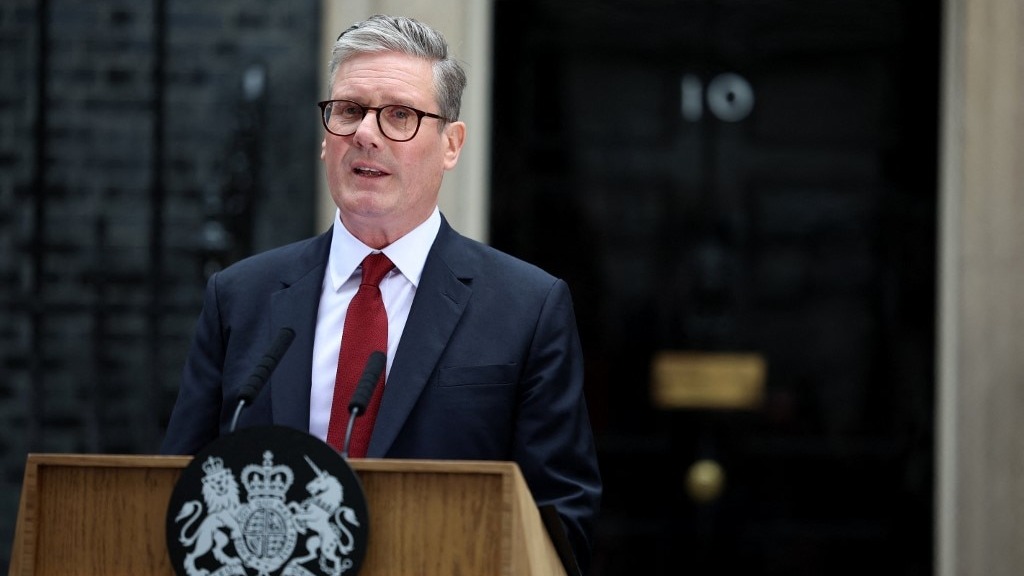The Labour Party has secured a resounding victory in the 2024 UK elections. This win is crucial as Britain grapples with a faltering economy, a cost of living crisis, public service shortages, and challenges with immigration. With this historic win, the Labour Party shoulders the increased responsibility of the nation's expectations.
Indeed, the Labour Party has pledged to restore economic buoyancy, control government spending, and reduce the tax burden. It strives to demonstrate to voters that it is capable of steady and prudent governance, especially amidst current economic adversities—often distancing itself from radical economic schemes known for their ineffectiveness.
Investment in Infrastructure
The party commits to a 'Get Britain Build Again' initiative, signaling significant investment in housing and modern infrastructure. Labour aims to create 1.5 million new homes over the next five years and establish a national sovereign wealth fund to boost investment in future technologies such as clean energy. Overall, the idea is to transform Britain into a 'Clean Energy Superpower.'
Power Bills to Be Regulated
Labour is also comfortable leveraging government power in the economy. For example, it plans to establish a government-owned Great British Energy company to regulate electricity bills and foster green energy initiatives. Additionally, Labour desires substantial reforms in the healthcare system to revitalize the faltering NHS, including hiring more health professionals, constructing more hospitals, and reducing waiting times for appointments.
Creating a Border Security Command
To address immigration challenges, Labour intends to create a Border Security Command in close cooperation with European partners, establishing controlled entry numbers annually into the UK. Lastly, boosting defense spending to 2.5% of GDP is on Labour’s agenda, especially pertinent following the Russian incursion into Ukraine. After years of cutbacks, the UK's armed forces are in dire need of modernization, and Labour has made it clear that it intends to maintain a robust defense policy.




